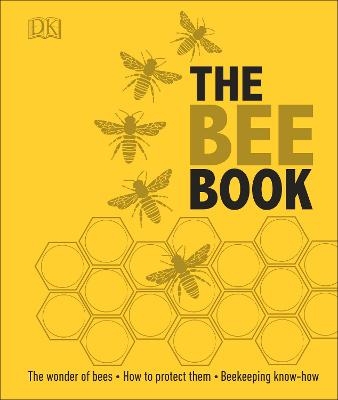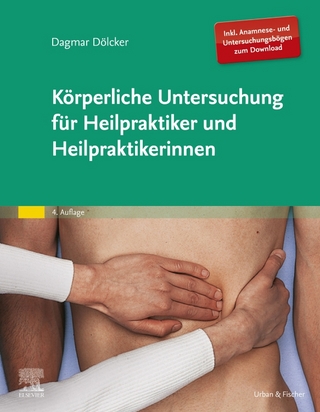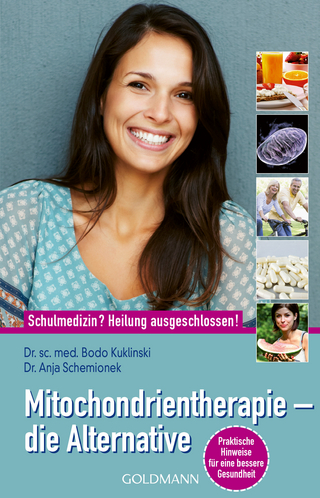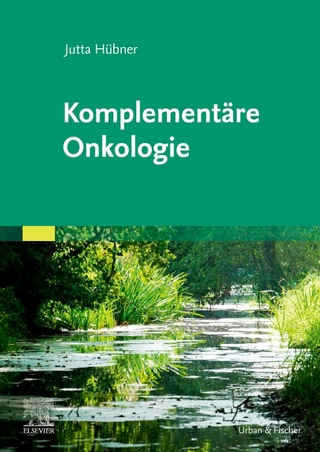
The Bee Book
DK (Verlag)
978-0-241-21742-9 (ISBN)
Bees pollinate plants, produce honey, and create marvellous social colonies. They also need our help.
There is nothing quite like a bee, and nothing quite like The Bee Book. This essential guide to all things apiary takes you into the hive and reveals the remarkable lives of these essential pollinators, from their incredible influence on the evolution of flowers to the role of an individual worker bee within her colony. Bee species have existed for millions of years - but, as a result of pesticides and the climate crisis, their numbers are now threatened like never before.
Discover how you can support bee populations where you live, with advice on creating bee hotels and nectar-rich wild gardens, or take the next step and try your hand at beekeeping. The Bee Book contains all the essential information you need to set up your own hive, establish your own colony, and care for your bees. It even includes ideas for making the most of the honey, beeswax, and propolis your hive will produce, including a honey and clay face mask, soothing cough drops, and luxurious body butter.
Whether you're interested in bees, beekeeping, or simply wish to support local biodiversity, The Bee Book contains everything you need to know and more.
Fergus Chadwick grew up in rural County Durham in the UK, and from an early age his interest in nature was apparent. Spending most of his childhood chasing insects, he took up beekeeping at the age of 13, under the mentorship of local beekeeper John Simon. From that moment on, he was hooked on bees. He went on to study Biological Sciences at Somerville College, the University of Oxford, where his work on the relationship between bees and neonicotinoid pesticides (carried out at the Centre for Ecology and Hydrology) formed the basis of his dissertation. His current research focuses broadly on bee behaviour under the influence of pesticides. He is a passionate advocate of science communication and access to education. Steve Alton is an ecologist, botanist, and beekeeper's assistant who looks after Ashdown Forest, an area of heathland in Sussex best known as the home of Winnie the Pooh. Before that he worked for 13 years at the Royal Botanic Gardens Kew, collecting seeds for the Millennium Seed Bank, and was Deputy Editor for BeeCraft, the journal of the British Beekeepers' Association. He is a past winner of the Society of Authors' Educational Writer of the Year Award and, with his wife, Karin, also runs a company providing bee-friendly wildflower seed mixes. Emma Sarah Tennant found her way to the bees seven years ago after reading a magazine article about taking up beekeeping as a hobby. She contacted her local Ealing & District Beekeepers Association and enrolled on their nine-week introductory course followed by practical training, before obtaining her first colony and later sharing several colonies with hive partner Emily Scott. They now keep hives at Ealing's training apiary, where they regularly open them up for beginners and provide practical sessions. Emma writes the blog Mrs Apis Mellifera all about beekeeping life. She is also a qualified aromatherapist, having trained at Neal's Yard Remedies in Covent Garden. Bill Fitzmaurice has maintained 20 or so honey bee colonies in the London suburbs of Harrow and Ealing for the last 18 years. He is an advocate of maximising the harvest from his bees, both honey and wax, and retrieves as much wax as possible from cappings, old frames, culled drone brood, and brace comb. A regular exhibitor at his local honey show and at the National Honey Show where, in recent years, Bill has run very popular Candle Making Workshops. These provide hands-on practice in making a range of candles, including dipped candles, which he considers the best and most satisfying to make. Judy Earl is an urban beekeeper who has kept hives in northwest London for over 10 years. She has always loved spending hours cooking and making things, and having a ready supply of honey and wax has given her new opportunities to avoid housework. Judy is a regular exhibitor at her local honey show and at the National Honey Show, where she was the first holder of the Jill Foster Memorial Trophy for the display class of hive products. Standing down as Chair of Harrow Beekeepers Association in 2014 has given Judy more time to spend talking about and demonstrating hive products. In 2014, Judy gave a talk at the London Honey Show, and in 2015 she ran a workshop on Hive Products at the National Honey Show.
| Erscheinungsdatum | 11.03.2016 |
|---|---|
| Verlagsort | London |
| Sprache | englisch |
| Maße | 202 x 240 mm |
| Gewicht | 810 g |
| Themenwelt | Sachbuch/Ratgeber ► Gesundheit / Leben / Psychologie ► Alternative Heilverfahren |
| Sachbuch/Ratgeber ► Natur / Technik ► Garten | |
| Sachbuch/Ratgeber ► Natur / Technik ► Naturführer | |
| Medizin / Pharmazie ► Naturheilkunde ► Phytotherapie | |
| Naturwissenschaften ► Biologie ► Zoologie | |
| Weitere Fachgebiete ► Land- / Forstwirtschaft / Fischerei | |
| ISBN-10 | 0-241-21742-3 / 0241217423 |
| ISBN-13 | 978-0-241-21742-9 / 9780241217429 |
| Zustand | Neuware |
| Haben Sie eine Frage zum Produkt? |
aus dem Bereich


